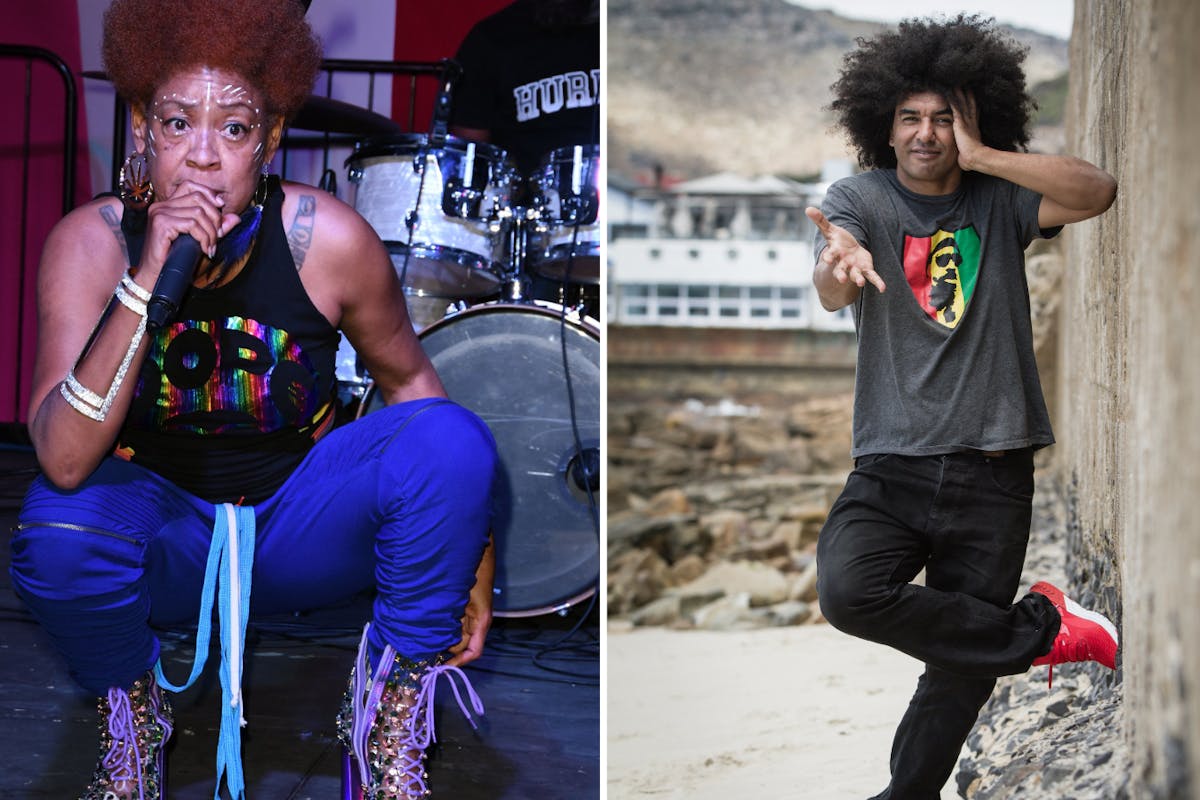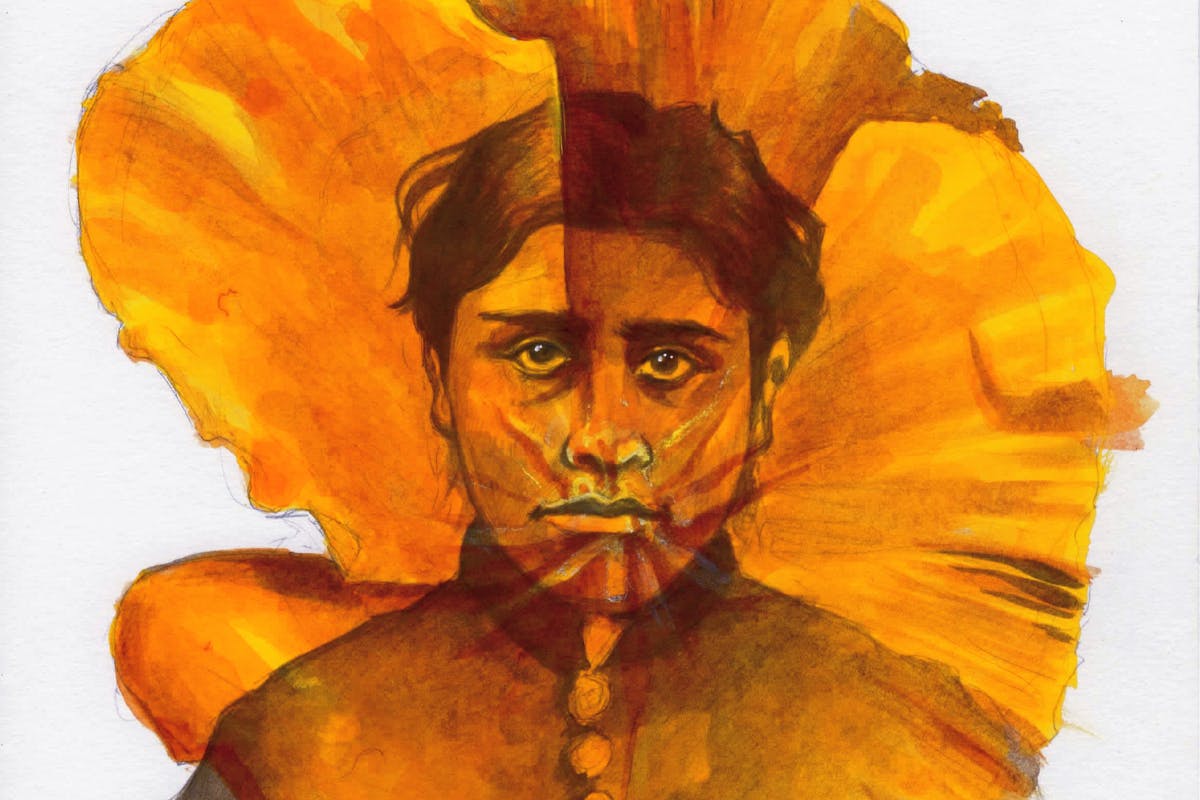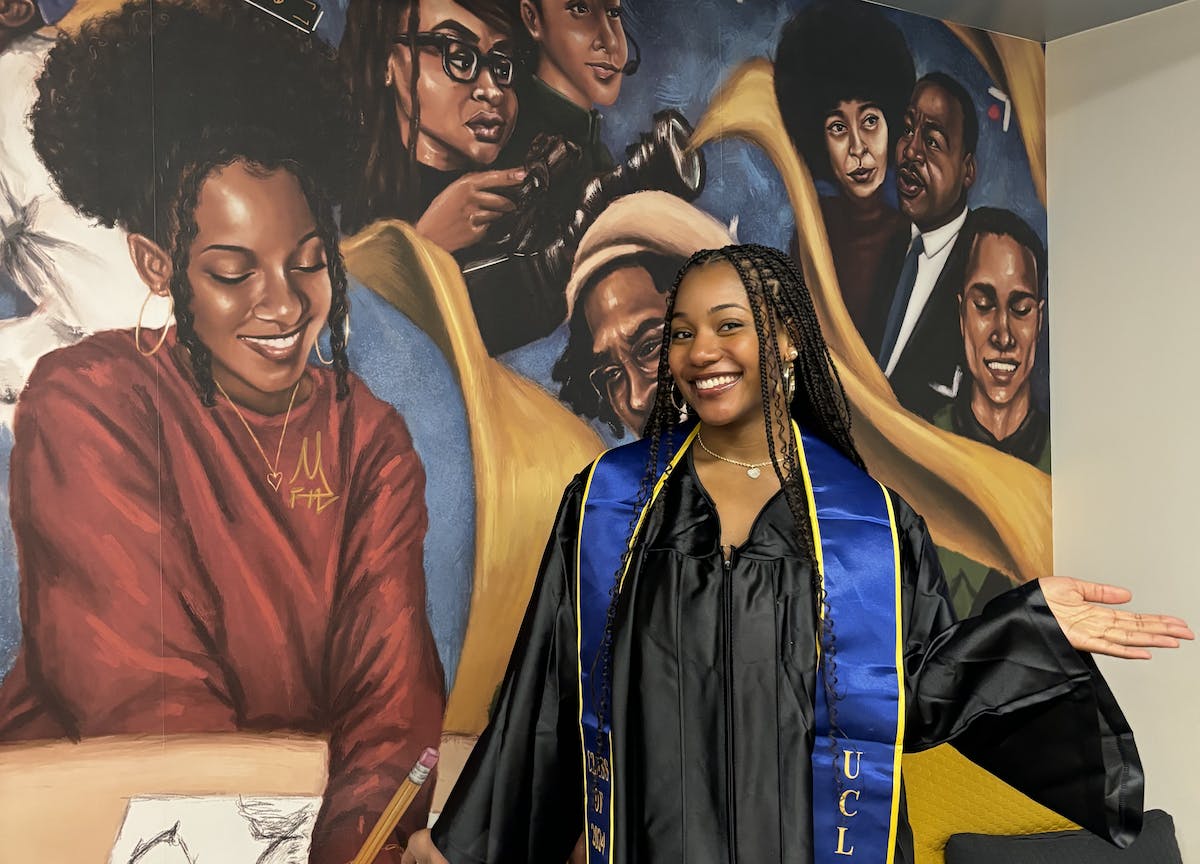UCLA Hip Hop Initiative Invites global and local perspectives with new artists-in-residence

The Hip Hop Initiative at UCLA is connecting artists with scholars.
The mission is to inspire thinking that goes beyond the commercial mainstream and uplifts the ideas and grassroots efforts that continue to advance the art form as a means of education, social progress and restorative justice. This year’s campus artists-in-residence are Medusa, often dubbed “the Godmother of West Coast Hip Hop and Emile XY?, world-renowned b-boy, author, organizer, teacher and founding member of South African Hip Hop Crew Black Noise.
The Initiative, formally launched in 2022 as part of UCLA’s Ralph J. Bunche Center for African American Studies kicked off with a rousing artist residency from Hip Hop legend Chuck D, who participated in in-person and online workshops last spring.
This year, a collection of scholars, students, artists are UCLA are gathering weekly in a “California Love” seminar to explore the evolution of the West Coast Hip Hop cultural landscape. This group includes the artists, UCLA graduate students and a group of scholars from national and California universities.
Both of the 2023 artists-in-residence have become an integral part of UCLA’s Hip Hop Studies learning community, said Samy Alim, director of Hip Hop Initiative and the David O. Sears presidential endowed chair in the social sciences UCLA.
“We are committed to co-creating knowledge with the culture creators themselves, i.e., with brilliant artists and thinkers like Medusa and Emile YX?, who have been innovating in Hip Hop for decades from South Africa to South Central,” Alim said. “That also means that we'll be working with them to support and enhance their creative cultural productions, from music, film, to books.”
Alim is a professor of anthropology also serves as associate director of the Bunche Center and operates the Hip Hop Initiative in collaboration with Tabia Shawel, assistant director of the center, and UC Chancellor's Postdoctoral scholar Samuel Lamontagne.
“It’s all about decentering traditional, academic notions of knowledge production,” Shawel said.
"This is not a university project that looks at hip hop culture from a distance, we're building community, and co-producing knowledge with artists," Lamontagne added.
Their work also leads to important critiques of Hip Hop culture.
For Medusa, getting involved with students and academia feels like a natural extension of everything she has been doing since the early 90s—including a deliberative effort to hold a safe space for queer perspectives, even in the face of a culture that, while evolving, can still remain misogynistic, queer-phobic, ableist and hypersexualizing of women.
“I’ve been doing it now for 30 years and it makes sense that Hip Hop can be a curriculum and a way of life,” she said. “It still feels young. I still feel young in it and now the youth are adding to the knowledge base and bringing new language and new willingness to have conversations that they weren’t back in the 90s or 80s or 70s.”
Medusa said she wishes that the intellectual properties of Hip Hop that are showing up in university classrooms around the country were around when she was younger. It’s invigorating and gives her a lot of hope for the next phase of the art form.
“What I would like to do is get UCLA to be the one to spearhead this dialogue on a larger scale, maybe a lifestyle tour of sorts, traveling throughout other neighborhoods and universities, taking up all the elements of Hip Hop performance and panels and adding different people,” she said. “I would love to help spearhead something like that.”
When academics first started showing interest in Hip Hop, there was skepticism, said Emile XY?, who since the early 80s has been on a mission to spread Hip Hop culture throughout South Africa as a means of uplift in economically depressed communities.
“They came in, extracted, and we wouldn’t see them again either inside or outside southern Africa,” he said. “I found a lot of the conversation was really removed from actual practitioners. B-boys were often not even mentioned, and a lot that was being researched was industry rap, but I mean, if you’re going to say Hip Hop, speak about all of the other things that belong to it. I found that Samy was one of the only guys doing that and was really connected to the culture.”
It's powerful to think outside the box of the U.S. experience when it comes to Hip Hop’s impact not only on culture but in communities, he said.
“I like being able to bring that to a conversation, or connect people who might be writing a dissertation or something with real people on the ground that I know,” he said.

